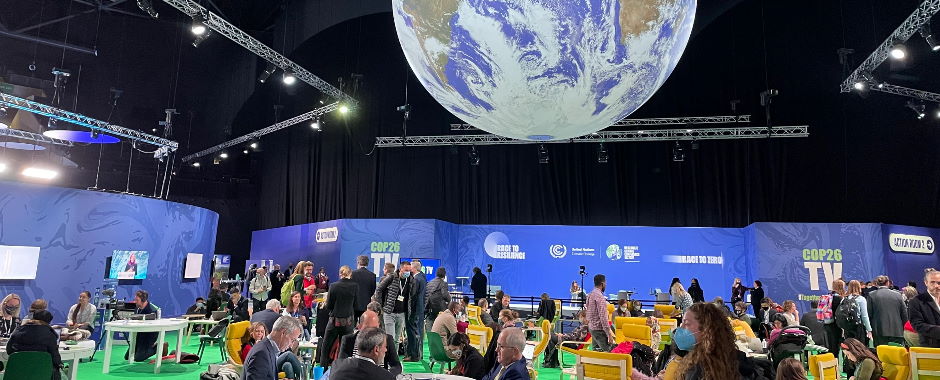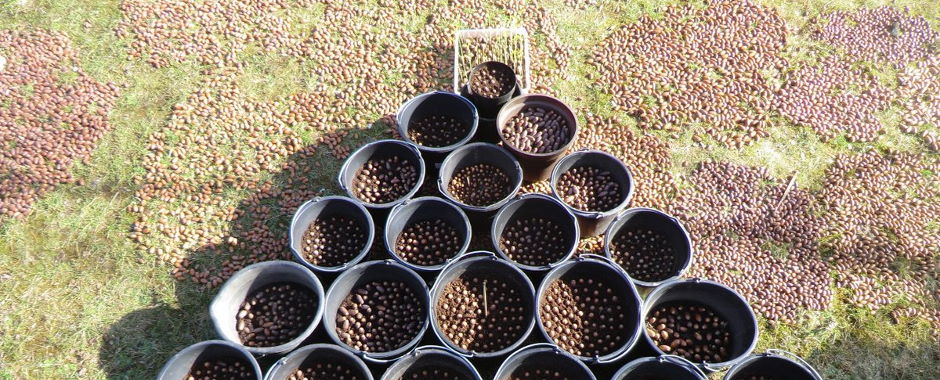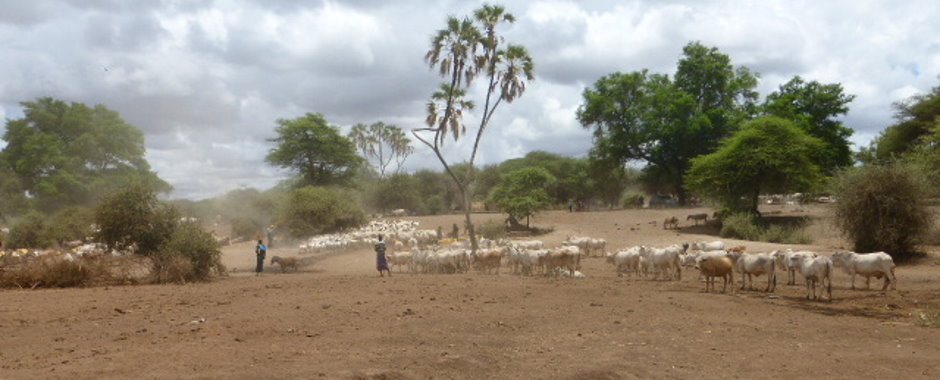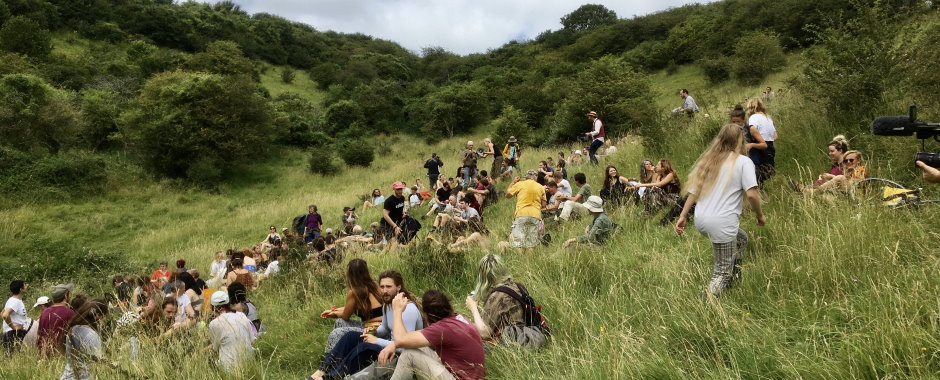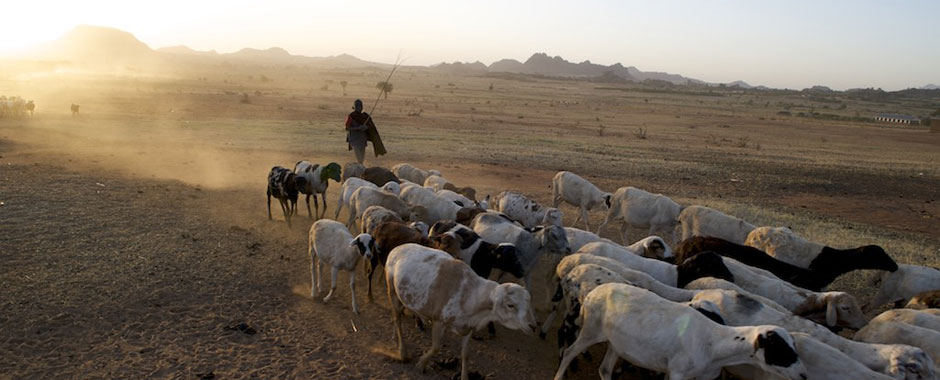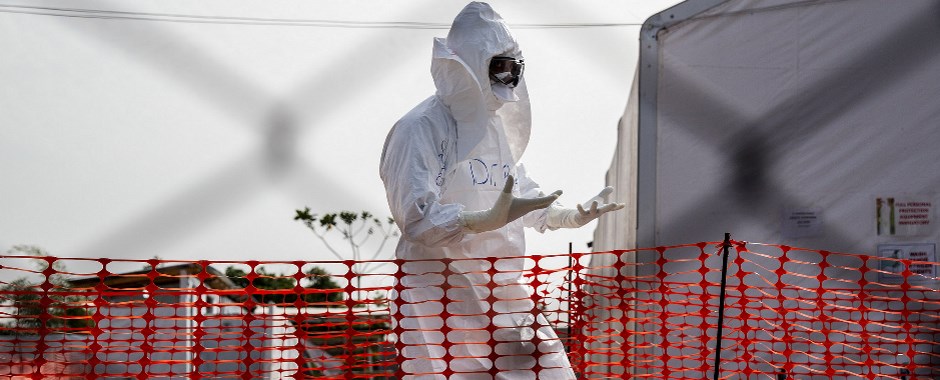At the 2021 UN climate change conference in Glasgow, moving between the corporate slickness of the official “Blue Zone” (a UN-managed space which hosts the negotiations) and the wider fringe…
COP26: Two worlds talked past each other – or never even met
Why carbon offsetting through tree planting won’t help solve the climate crisis
This is the second in a pair of blog posts focusing on tree planting, climate change and biodiversity. Read the first here. The first phase of the delayed Biodiversity Convention…
Is mass tree-planting the answer to biodiversity and climate challenges?
Tree planting and ‘nature-based’ solutions are presented as a way to address biodiversity and tackle climate change at a massive scale. But in some cases, these schemes can undermine livelihoods…
Land reform in the UK: reporting from the Mass Trespass
Access to land is not only a concern in places like Zimbabwe. In England, less than 1% of the population own half the land and 92% of land is out…
Beyond the ‘Balance of Nature’: Pastoralists’ Alternative Perspectives on Sustainability
By Ian Scoones and PASTRES Read the original blogpost David Attenborough’s mission to restore the balance of nature in the documentary A Life on Our Planet: My Witness Statement, is at…
Post-pandemic transformations: new directions for development studies?
by Melissa Leach, Hayley MacGregor and Ian Scoones Does the pandemic reveal new directions for development studies? This was the focus of discussion at a recent IDS seminar. A new…
The STEPS Centre’s final year: reflections on a 15-year journey
by Ian Scoones and Andy Stirling, STEPS co-directors 2021 is the final year of the ESRC STEPS Centre. Established in 2006, but with an even longer backstory, we have come…
Pandemics: why a new science is needed
What do bubonic plague, Lyme disease, Ebola, Marburg disease, Nipah, sleeping sickness, Lassa fever, avian influenza, Western equine encephalitis, SARS and COVID-19 have in common? All are zoonotic diseases, ones…
Five lessons from past global influenza outbreaks for COVID-19
The COVID-19 pandemic is a rare event in its scale and spread. But in responding to it, people have been looking at lessons from other outbreaks of infectious disease. What…
Science, uncertainty and the COVID-19 response
One of the abiding images of the coronavirus (COVID-19) outbreak in the UK has been the Prime Minister, Boris Johnson, looking nervous and uncomfortable, flanked by his scientific advisors at…
